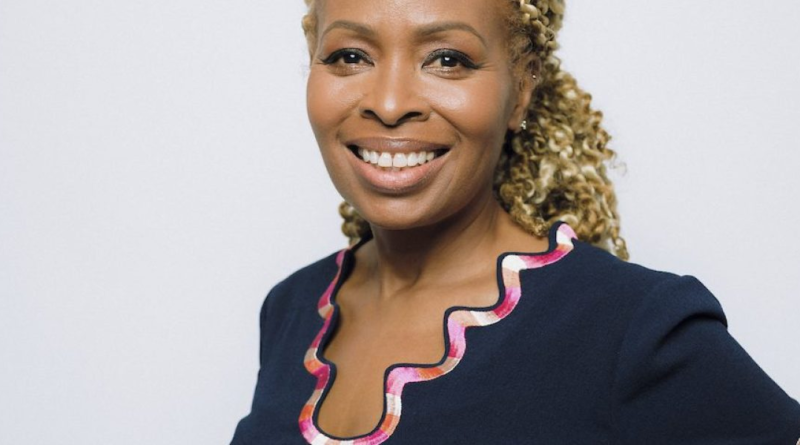Brooklyn Org explains its recent name change: ‘There is nothing wrong with the word ‘foundation,’’ but it ‘feels a little old and a little controlling’
To appeal to a new generation of philanthropists, the Brooklyn Community Foundation is ditching the word “foundation” and establishing itself with a new name: Brooklyn Org.
Jocelynne Rainey, who took over as president of the 14-year-old grantmaker two years ago, said the name change is meant to convey that the foundation serves the residents of Brooklyn and highlights the expertise of its people, instead of suggesting a “top-down” approach sometimes taken by grantmakers.
“There is nothing wrong with the word ‘foundation,’” she said. “But there’s a perception that we’re hearing from the next generation of givers that ‘foundation’ feels a little old and a little controlling.”
Rainey’s goal is to attract new donors and make the grantmaker — which awards about $12 million each year to a range of causes, including justice reform, housing, and health — as recognizable as the Brooklyn Museum or the Brooklyn Academy of Music.
To complete the name change, Brooklyn Org purchased the domain name Brooklyn.org for just under $50,000, and received pro bono branding consultation from a Brooklyn-based firm.
The change comes at a time when an increasing number of Americans are giving philanthropy the side-eye. This year, 26% of people said they distrust philanthropy, up five percentage points from last year, according to a survey conducted by Independent Sector, a membership organization of nonprofits and grantmakers, and Edelman Data and Intelligence.
But philanthropies wanting to totally shed their previous identities should exercise caution, said Sruthi Sadhujan, senior strategy director at Hyperakt, a branding firm that has worked to recast the public image of several grantmakers, including the Ford Foundation.
Sadhujan said there is enormous pressure for foundations to shed their image as organizations that can simply write big checks. Rather than denying their power and influence, foundations should consider how to use their institutional heft as a force for good. Acknowledging their status and using the pull they have as a wealthy foundation might help grantees get a seat at the table with other elite institutions, including professional societies and prestigious universities.
“The goal is not to rid the landscape of any and all institutional artifacts,” Sadhujan said of the rebranding process. “It’s to redefine an institution and to create a new sort of understanding of what they do, why they exist, and who they serve. “
The point isn’t lost on Rainey, who says that no matter what people call it, Brooklyn Org is still a foundation. But she said the new name reflects different practices the foundation has put in place that let residents steer the course of the institution.
The foundation has about $70 million in grantmaking assets it can use at its discretion and around $40 million in donor-advised funds, which are managed by the foundation but given out at the direction of the donors.
All of the foundation’s discretionary grantmaking, Rainey says, uses a participatory approach, where residents research and pick nonprofits to receive grants.
“We want to be a model for how philanthropy can be different,” she said. “And we want to be able to exhibit that in our name.


